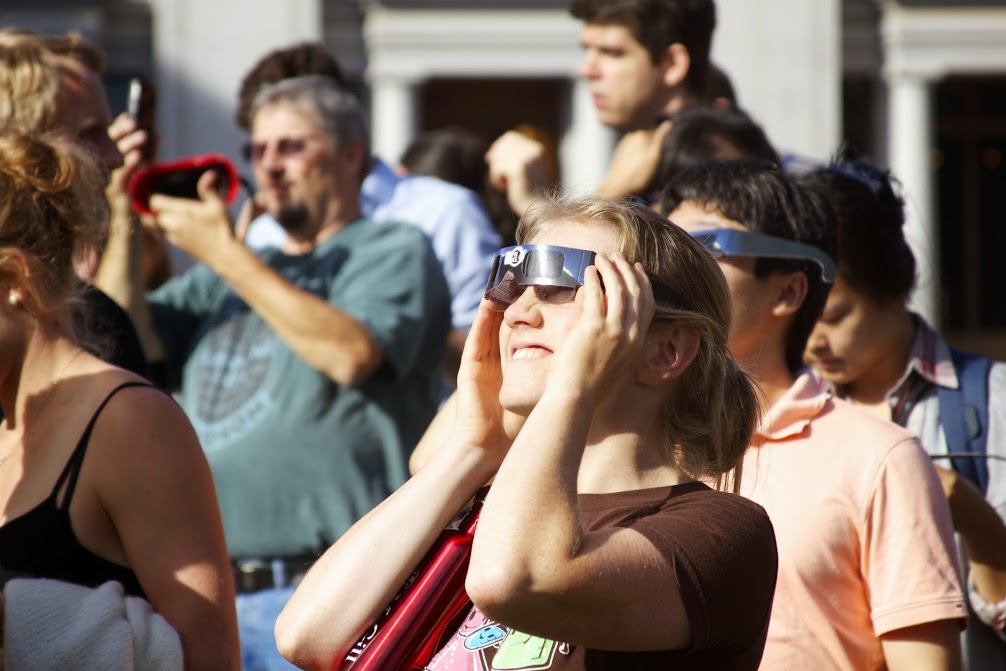Why Berkeley Astronomy
Department Overview
Astronomy at Berkeley means many things: studying from and directly collaborating with the best scientists in their fields; collecting and analyzing ground-breaking data; designing and operating pathfinding instruments; and using everything from pencil and paper to massively parallel supercomputers to understand cosmic phenomena from physical first principles. Studying Astronomy at Berkeley means discovering the world beyond our own in an internationally-ranked institution.
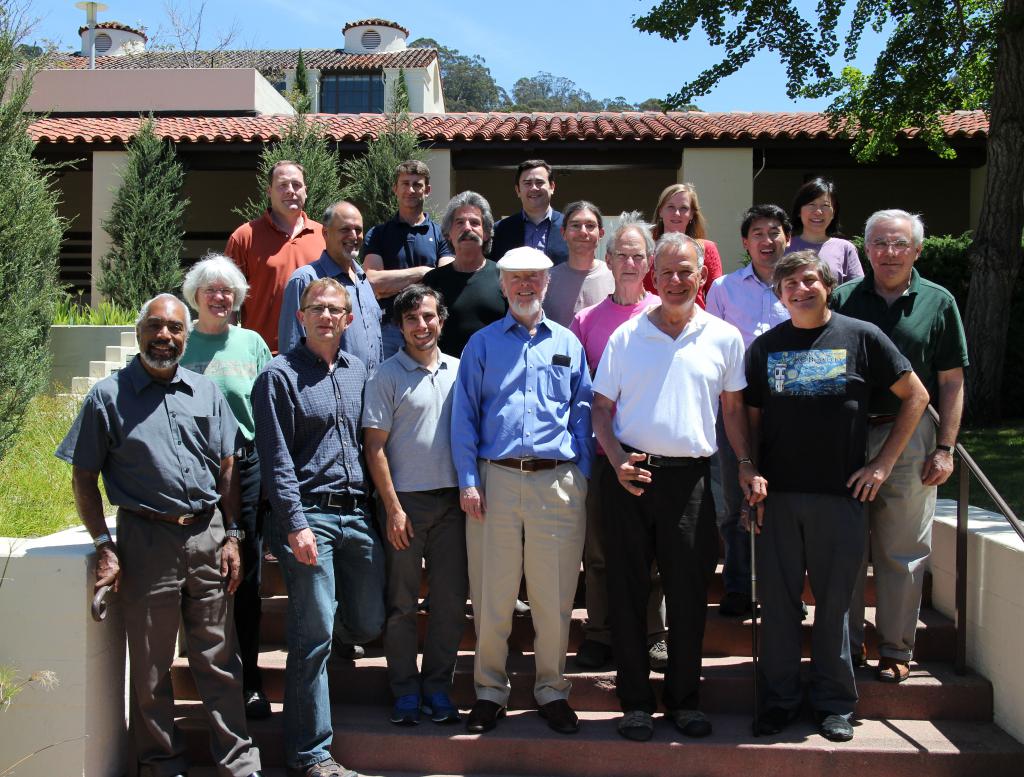
Faculty
The Department of Astronomy faculty are comprised of world-renowned researchers who have made significant contributions in their respective fields, including cosmology, high-energy astrophysics including supernovae and gamma-ray bursts, galaxy formation, extrasolar planets, theoretical astrophysics, black holes, and star formation (to name just a few). Our faculty lead numerous research groups of postdocs, graduate students, and undergraduates working collaboratively. Astronomy faculty are dedicated to training the next generation of researchers and educators.
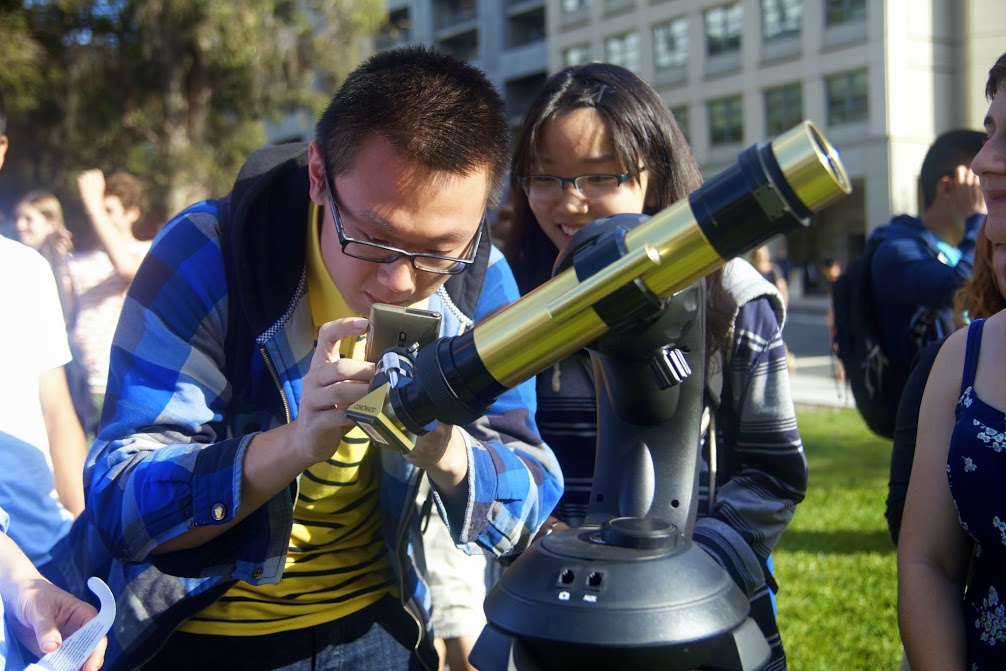
Resources and Research
The Department is housed in Campbell Hall, a new state-of-the-art facility located on the Hearst Mining Circle that contains instrumentation labs, observational facilities, and remote observing rooms for connections to the Keck and Lick observatories. Department-
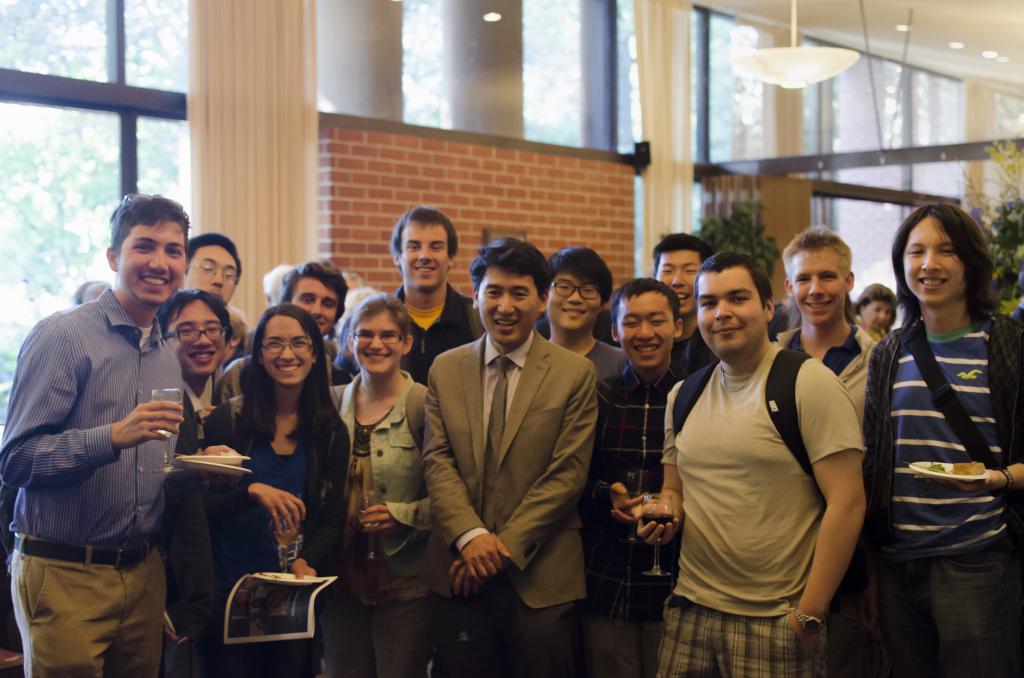
Undergraduate Program
The Berkeley Department of Astronomy Undergraduate Program offers students comprehensive, hands-on training in astrophysics. Between the in-depth labs and courses; opportunities to work on research projects alongside faculty and their group members; and access to numerous local and world-class facilities, our students complete the majors program with skills in physical reasoning and computation, ready for advanced work in research, education, or industry.
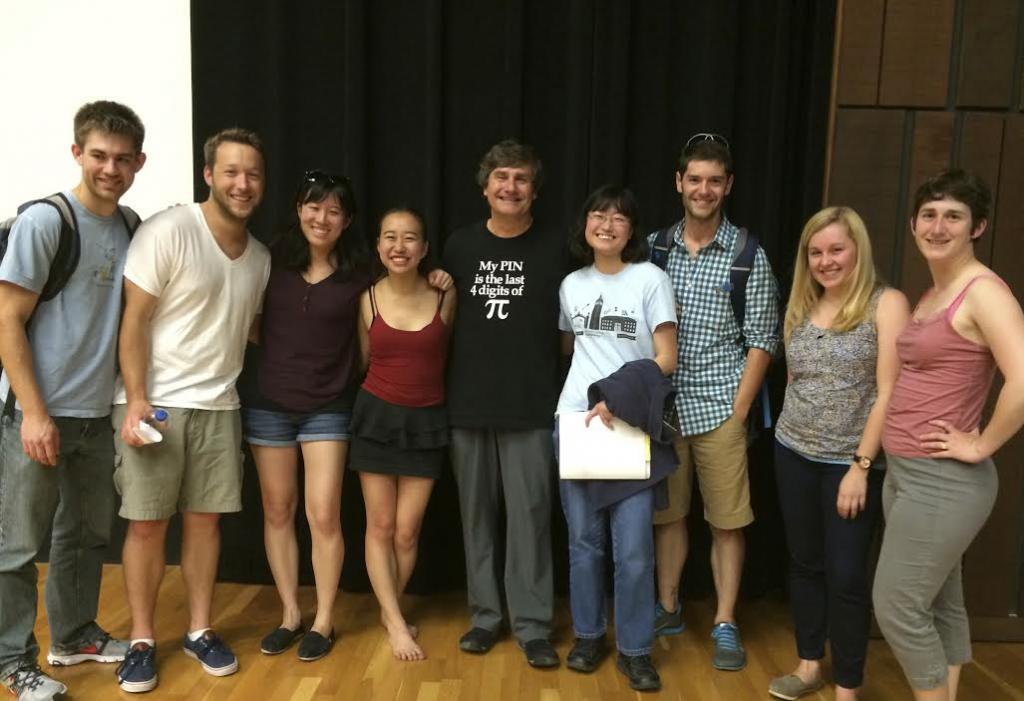
Graduate Program
The Berkeley Department of Astronomy Graduate Program has a superb record of training astrophysicists who are now members of the academy worldwide. The PhD program is consistently ranked first in the nation because we consistently prioritize graduate students first in our research and education missions. Our graduate students are the front line of research and the future of our field.
Why I Love Berkeley Astronomy

Aliza Beverage, Class of ’25
“As a graduate student, it’s been incredible having access to world-class telescopes, instruments, and computing facilities! I also love how supportive and collaborative the atmosphere is here.”

Hannah Gulick, Class of ’26
“At Berkeley, I appreciate the broad range of research topics and access to world-class facilities in the Astronomy Department, Space Sciences Lab, and more, which allow me to pioneer new applications of instrumentation and analysis in my field. All while collaborating and networking with experts of many topics/backgrounds (even during a pandemic!).”

Massimo Pascale, Class of ’25
“Berkeley Astrophysics gives me a host of opportunities for success and the independence to explore those opportunities my own way. I have the freedom to pursue research goals I’m passionate about and the support to help me achieve them.”

Nick Choksi, Class of ’25
“One highlight of the Berkeley astronomy department is the dedication of the faculty to teaching. The courses in the first few years of grad school armed me with the tools I needed to launch into research. (The ping pong table on the roof of Campbell Hall, overlooking the Bay, doesn’t hurt either.)”

